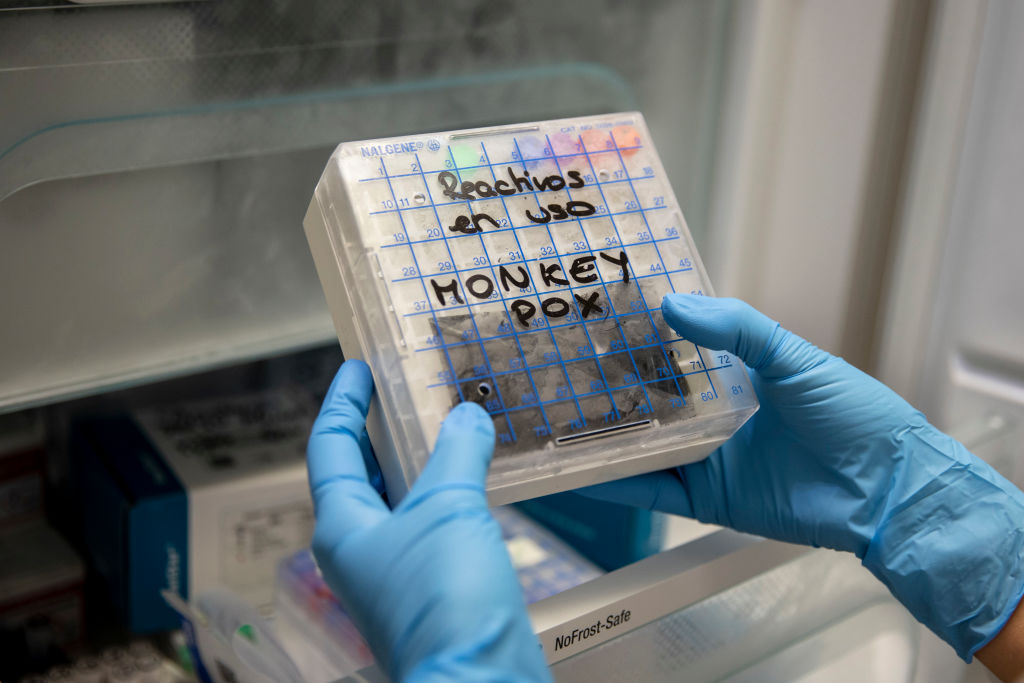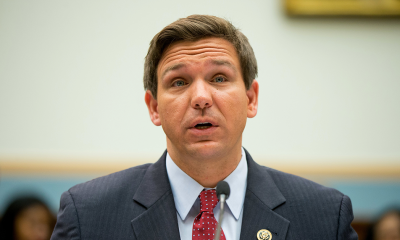With monkeypox going global and spreading to nearly a hundred countries, is it too late to stop the outbreak? Experts say it’s still possible, but only through a mass vaccination campaign.
A viral zoonosis (a virus transmitted from animals to humans) related to the virus that causes smallpox, monkeypox occurs mostly in remote parts of Central and West African countries, near tropical rainforests.
There are two main strains of the virus – West and Central African – known to exist. However, the milder one from West Africa began circulating in other parts of the world in May, leading to an ongoing outbreak now declared a global health emergency by the World Health Association (WHO).
Per experts, the virus isn’t an unstoppable force the way COVID was during the earliest days of the pandemic. On top of monkeypox having a hard time getting from one person to the next, its deadly cousin, smallpox, has long been eradicated.
“Monkeypox is easier as it is less transmissible than smallpox so we’re in a much better position,” said Prof. Jonathan Ball, a virologist at the University of Nottingham, to the BBC.
However, with more than 28,000 cases confirmed in over 88 countries by the U.S. Centers for Disease Control and Prevention, many wondered whether it’s still possible to stop the outbreak.
According to Dr. Rosamund Lewis, WHO’s technical lead for monkeypox, it’s possible to end the outbreak with a mass vaccination campaign. However, she also warned that “we don’t have a crystal ball,” and “it’s not clear if the organization will be able to support countries enough and communities enough to stop this outbreak.”
Fortunately, the smallpox vaccine used to eradicate the smallpox virus before is around 85% effective at stopping monkeypox. But with the U.S. having limited supplies in storage, not everyone at risk could get vaccinated amid the outbreak.
Some countries appear to be getting on top of the outbreak already. While cases in the U.S. continue to rise, a study in the UK stated that the number of infections appeared to have leveled off at around 35-a-day.
But with the virus spreading in more than 80 countries that don’t have a history of the disease, there’s still a challenge, according to Prof. Francois Balloux, from University College London.
“It’s very unclear to me whether it will be controlled completely, some countries will get on top of it, some might not,” he noted.















